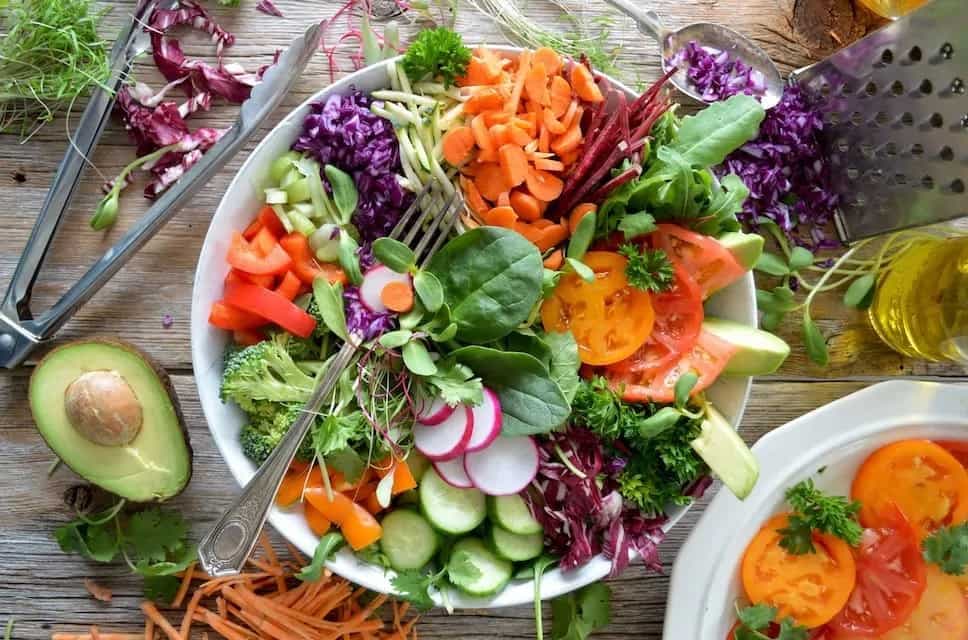When you have conjunctivitis, which is an inflammation or infection of the conjunctiva (the thin, clear tissue that covers the white part of the eye and the inside of the eyelids), it's important to take certain precautions to prevent further irritation or spread of the infection. Here are some general dietary suggestions for managing conjunctivitis:
1. Stay Hydrated:
Drink plenty of water and stay hydrated. This helps maintain overall health and may aid in the body's natural healing process.
2. Consume Vitamin A-rich Foods:
Vitamin A is essential for eye health, and it may help support the healing of the conjunctiva. Foods rich in vitamin A include carrots, sweet potatoes, spinach, kale, and other dark leafy greens.

3. Include Vitamin C-rich Foods:
Vitamin C is an antioxidant that supports the immune system and may help in fighting off infections. Citrus fruits (oranges, lemons, grapefruits), strawberries, kiwis, and bell peppers are good sources of vitamin C.
4. Eat Foods with Omega-3 Fatty Acids:
Omega-3 fatty acids are beneficial for eye health and have anti-inflammatory properties. Include sources like salmon, mackerel, flaxseeds, chia seeds, and walnuts in your diet.
5. Avoid Spicy and Irritating Foods:
Spicy foods and acidic foods (e.g., tomatoes, vinegar) may cause discomfort and irritation, so it's best to avoid them during this time.

6. Limit Caffeine and Alcohol:
Both caffeine and alcohol can contribute to dehydration, which may worsen the condition. It's best to limit or avoid these beverages until the conjunctivitis clears up.
7. Practice Good Hygiene:
Ensure that you wash your hands before handling food and avoid touching your eyes to prevent further infection or spreading the condition.
8. Use Warm Compresses
Though not a food, warm compresses on the affected eye can help reduce discomfort and loosen any crust or discharge that may have formed.

Remember, these dietary suggestions are not a substitute for proper medical treatment. If you suspect you have conjunctivitis, it's essential to consult a healthcare professional for a proper diagnosis and appropriate treatment plan. They can guide you on the best course of action based on the cause and severity of the conjunctivitis you are experiencing.
It's important to note that this list is not exhaustive, and there are many other nutritious foods you can include in your diet. Additionally, if you have any allergies or medical conditions that restrict certain foods, it's essential to consider those factors when planning your meals. As always, consult with a healthcare professional or a registered dietitian for personalized advice and dietary recommendations based on your specific health needs.


